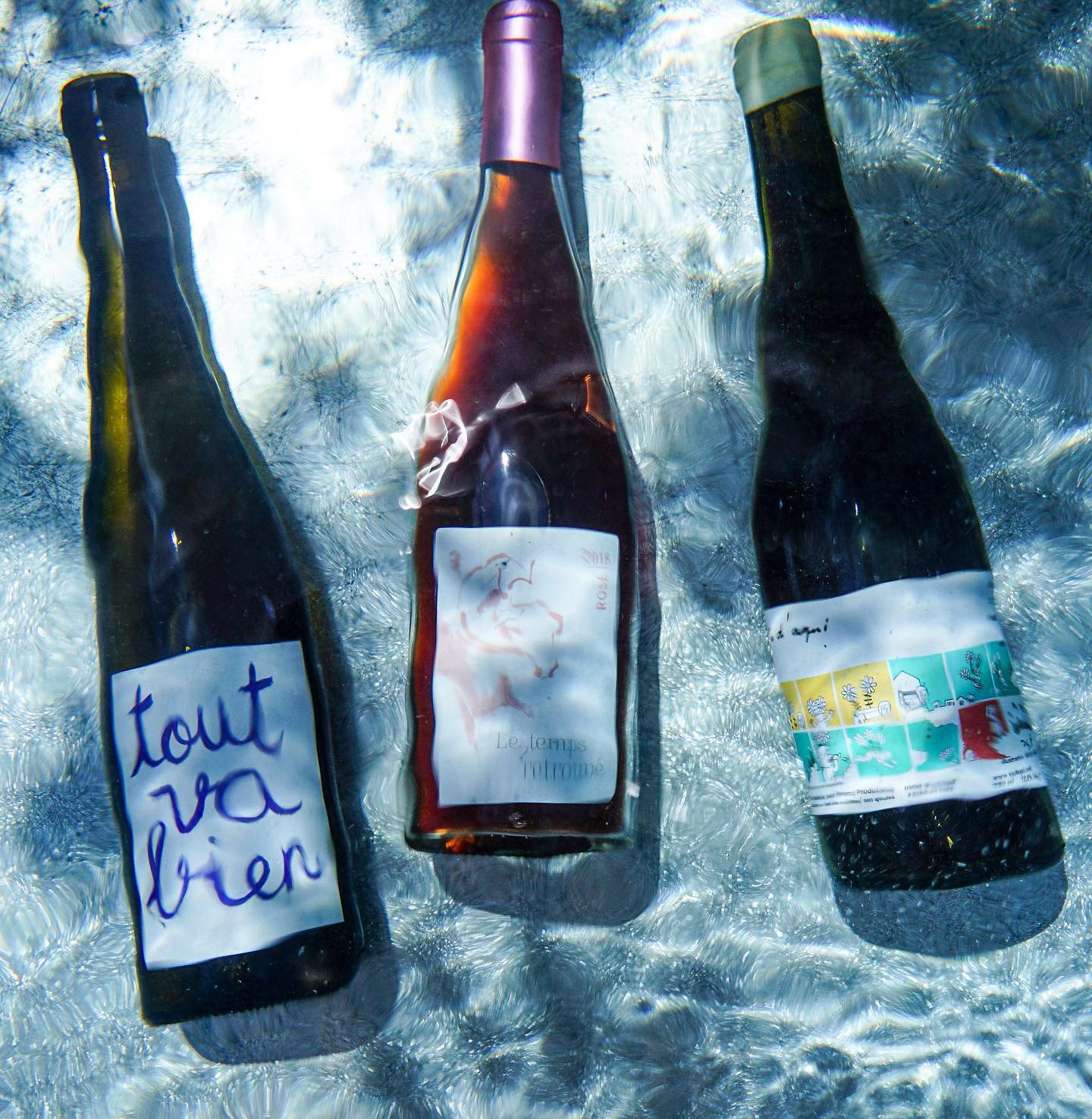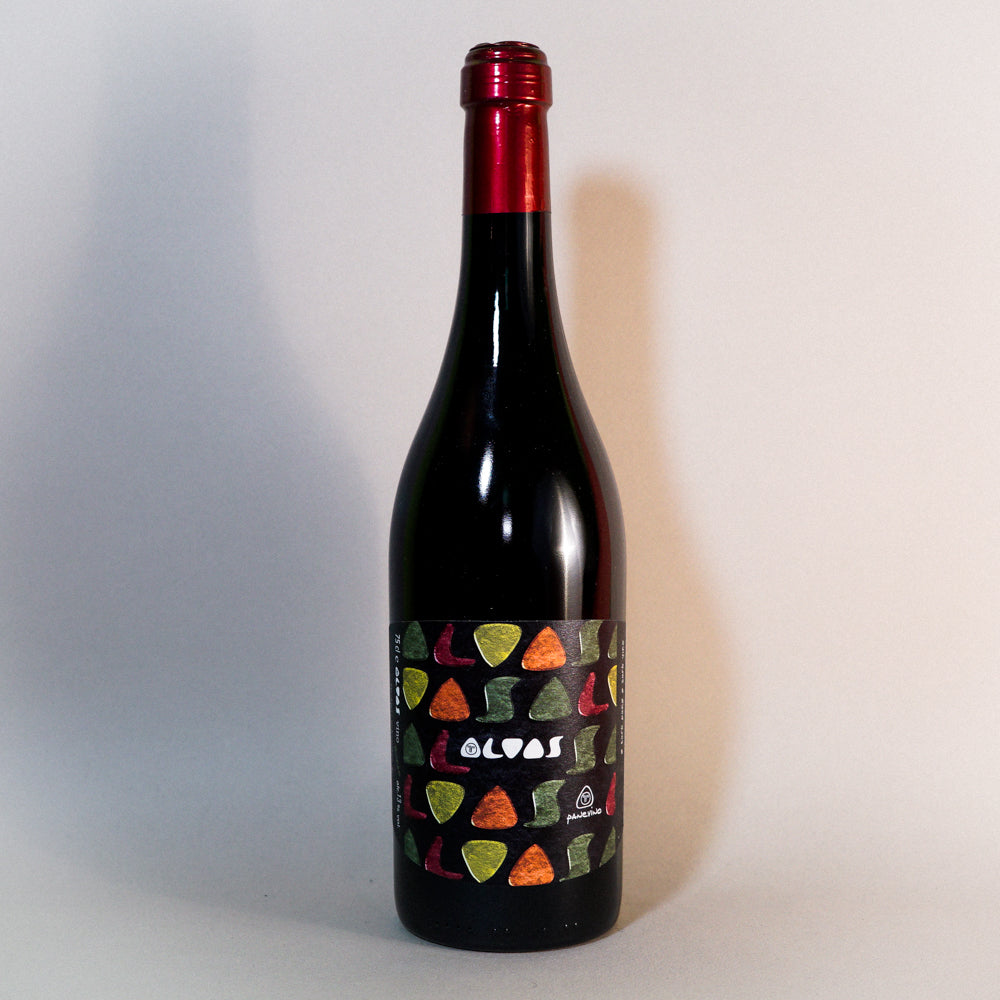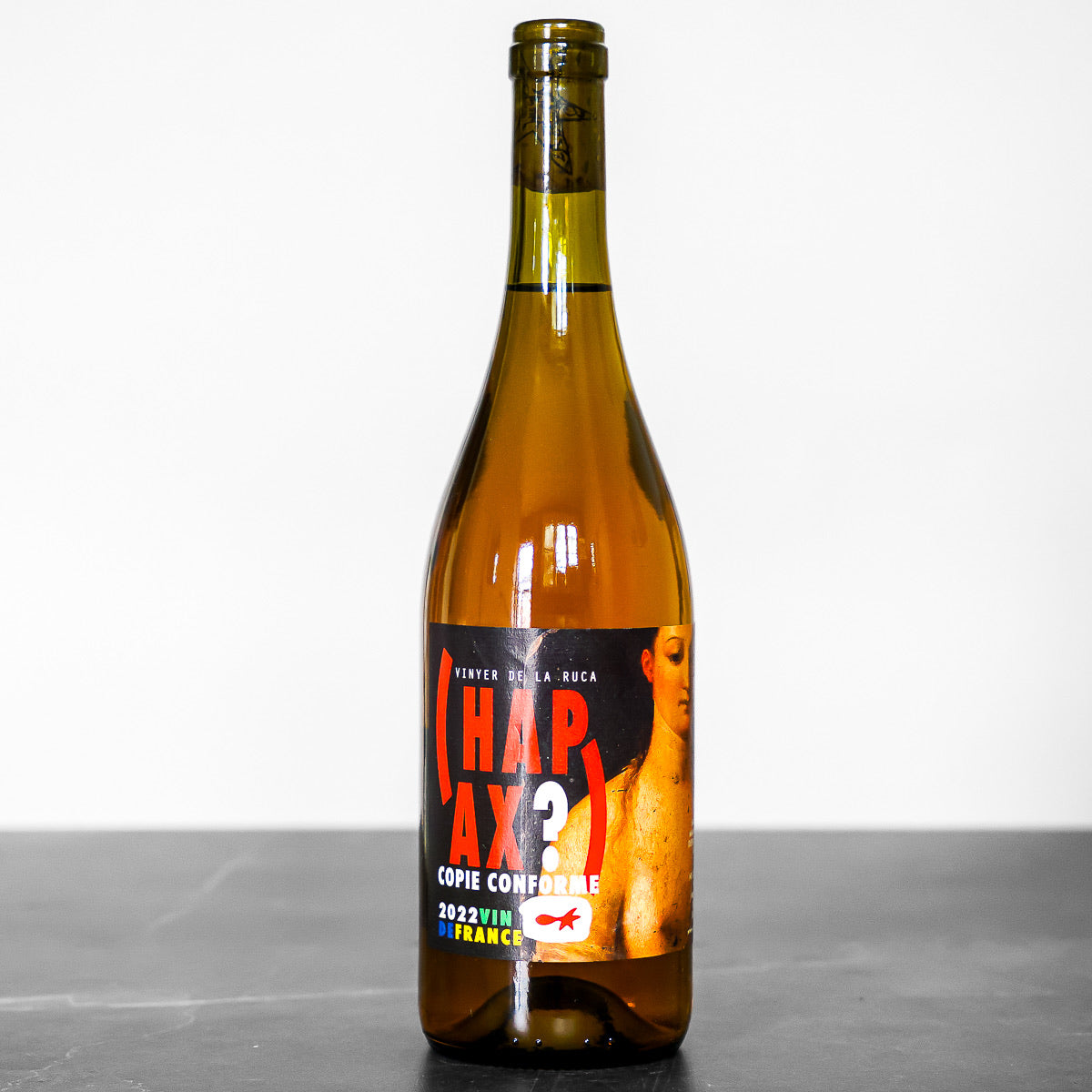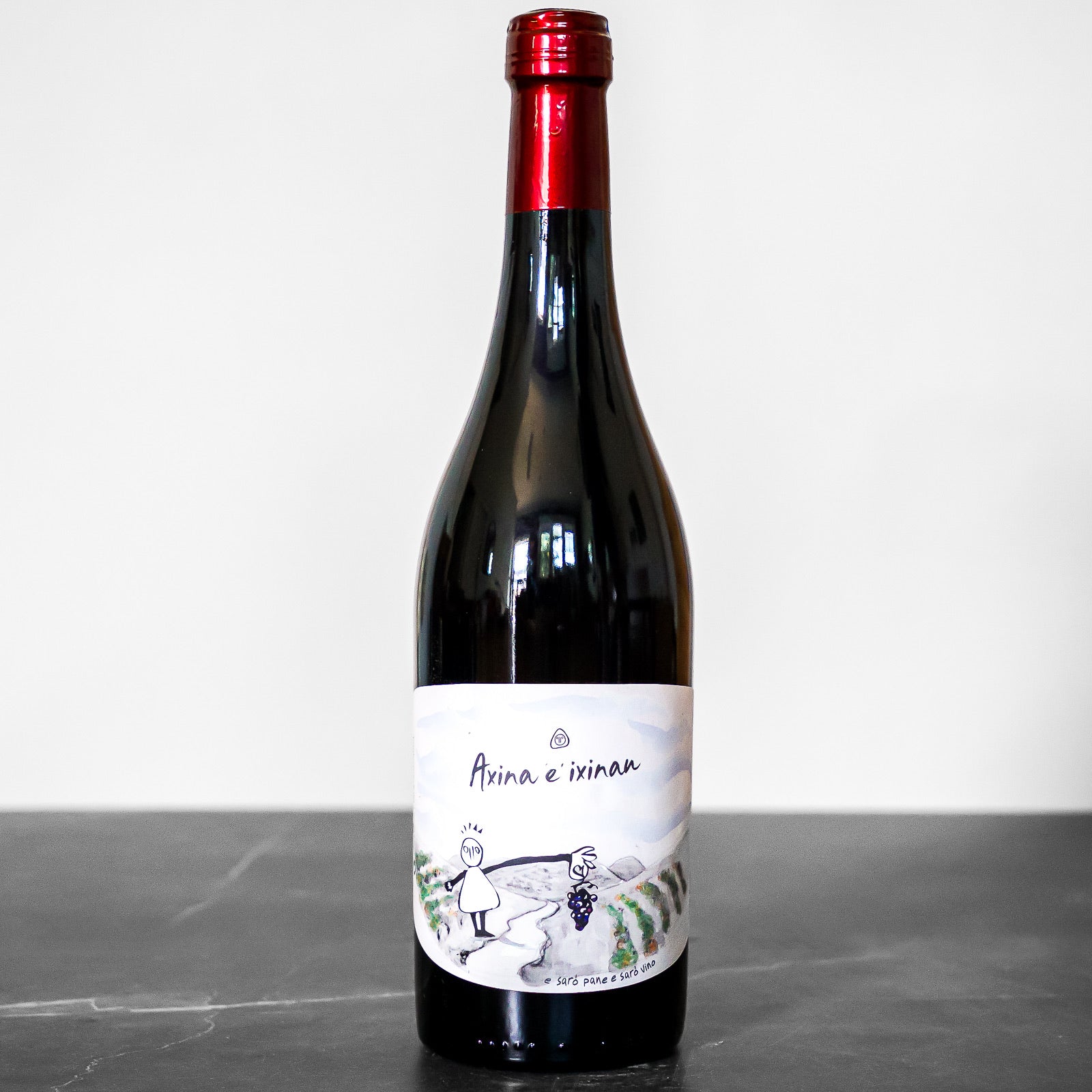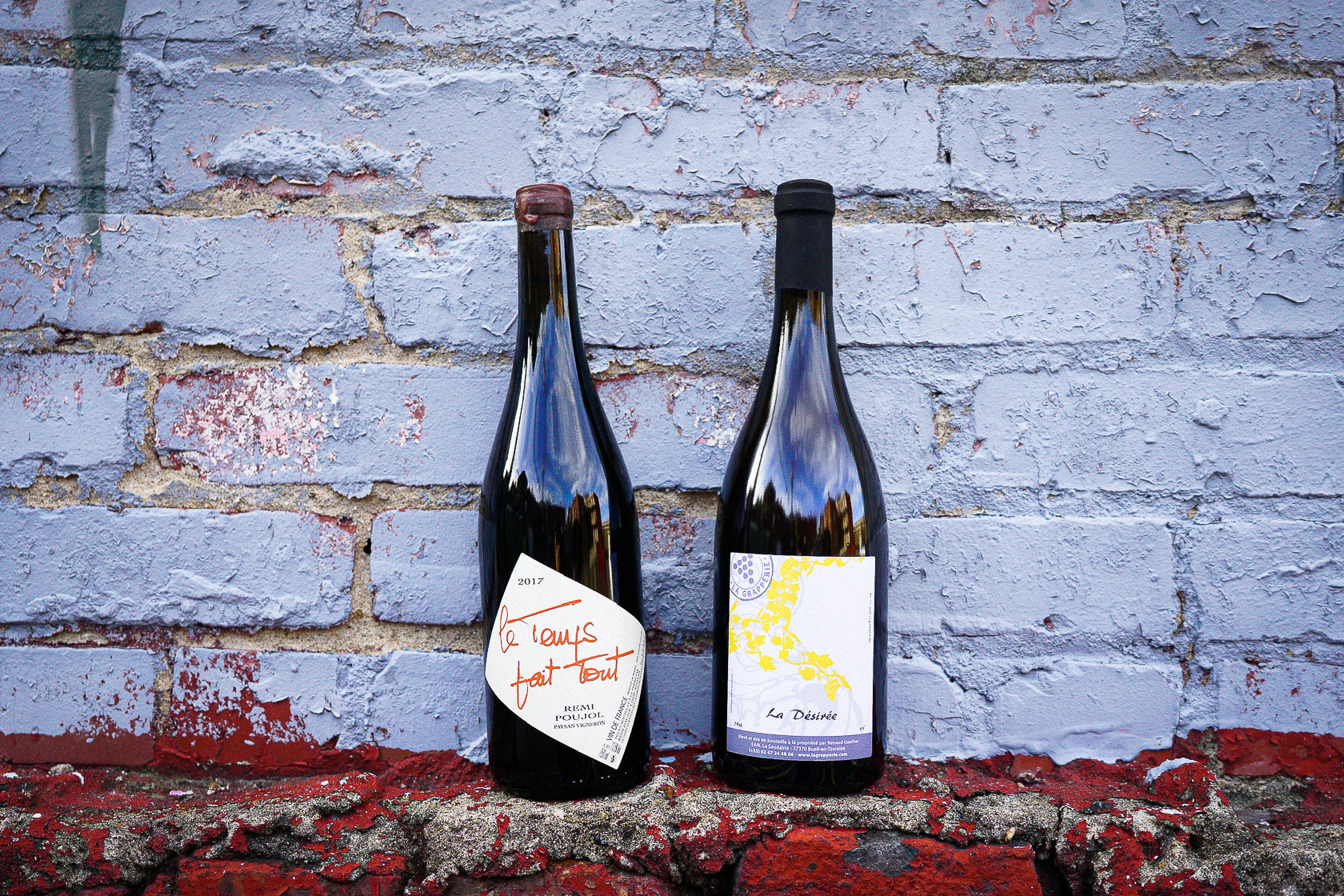Verano comes from Sauvignon Blanc, Riesling, Pinot Grigio, Chardonnay, Gewürztraminer, Pinot Noir, and Syrah grapes which are grown in Mourtere Gravels and Clay, an area located in the Nelson region, famous for its brown colored gravel. Every fermentation technique was used on this wine: carbon, destemmed, whole bunch, and so on. The refinement took place in stainless steel tanks, oak barriques and amphora. The nose smells of red fruit, cherry in particular, floral and spicy notes. The sip has a nice crunchy acidity, and a mouth-watering finish with an incredible drinkability and crisp acidity.
Kindeli
Alex Craighead is a stickler for cleanliness. He won’t even allow you to bring wine glasses from their house into the winery for fear that a rogue malicious microorganism like Brettanomyces will infest the place.
He tends to be ultra-sensitive to all forms of wine flaw: Brettanomyces, mouse taint, ethyl-acetate, volatile-acidity, volatile sulfur compounds, and so forth. Because of this dislike, he has come up with dozens of preventative measures that seem to be extremely effective. To avoid reduction, he gives his wines plenty of oxygen during fermentation; he even performs delestage on white wines to keep the fermentation happy. Once the must is saturated with oxygen, he usually pumps the head space of the fermentation vessel with CO2 to prevent any unwanted bacteria from forming on the cap or surface of the wine. This usually hinders acetobacter and thus prevents unwanted volatile acidity.
He creates a starter culture by crushing several buckets worth of grapes and letting them naturally ferment. By adding small amounts of this to the must he can ensure healthy and vigorous fermentations. When fermentations do struggle, or ethyl-acetate can be detected, he gives the wine a little help by submerging spent skins and stems in the wine. This provides ample nutrients for the yeast and as the must warms up, ethyl-acetate volatilizes and blows off.
At the winery, you’ll find a combination of stainless steel tanks, neutral oak barrels, polyethylene vats, and amphora. Most of the grapes undergo a combination of skin fermentation, direct pressing, carbonic maceration, and so forth. Whole clusters are used when deemed appropriate although he has pulled back from previous vintages. Extended skin contact has also been scaled back in pursuit of elegance and clarity.
The finished wines are bottled exclusively by gravity (using a wickedly archaic contraption) and are corked by hand. In 2017 he converted to Noma Corks which are made from recycled bits of sugarcane. They are carbon neutral and can’t be infected with TCA or other spoilage aromas. He doesn’t add any SO2 to the wines and they are not fined nor filtered.



